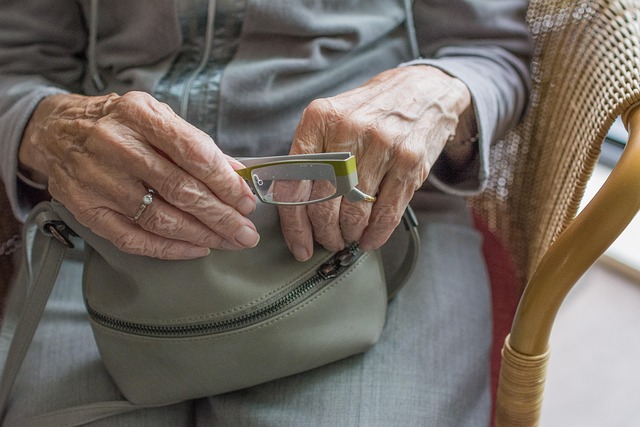Elderly Companion Services combat loneliness and isolation in seniors living at home by providing companionship and assistance with daily tasks, fostering social connections vital for mental health and overall happiness. These services range from professional caregivers to live-in companions, offering tailored care and independence support. Selecting the right service requires considering unique needs, physical abilities, cognitive health, preferred activities, and reputable companies with qualified staff.
Staying connected is vital for seniors’ well-being, especially as we age. Elderly Companion Services provide a valuable support system, offering companionship and assistance in the comfort of home. This article delves into the significance of these services, exploring how they enrich the lives of seniors while providing much-needed relief to caregivers. We’ll guide you through understanding different service types and offer tips for selecting the perfect companion for your loved one, ensuring a fulfilling and safe at-home experience.
- Understanding the Value of Companionship for Seniors
- Types of Elderly Companion Services Available
- How to Choose the Right Companion for Your Loved One at Home
Understanding the Value of Companionship for Seniors

Companionship is a vital aspect of elderly care, offering immense value to seniors living at home. For many older adults, isolation and loneliness can be significant challenges, especially when they live alone or have limited mobility. Elderly companion services provide a solution by assigning a dedicated individual who offers not just company but also assistance with daily tasks, ensuring the senior’s well-being and comfort.
Having a companionship service means seniors get to enjoy meaningful interactions while maintaining their independence. This can include simple activities like sharing meals, engaging in conversations, playing games, or even assisting with light household chores. Companionship services cater to individual needs, promoting social connections that are crucial for mental health and overall happiness in the senior years.
Types of Elderly Companion Services Available

Elderly Companion Services come in various forms, tailored to meet diverse needs and preferences. One common type involves professional caregivers who visit seniors at home, providing assistance with daily tasks like cooking, cleaning, and personal care. These services are ideal for individuals who need help with basic activities but wish to maintain their independence.
Another option is live-in companionship, where a caregiver resides in the senior’s home, offering round-the-clock support. This arrangement benefits those requiring constant supervision or assistance with more intricate tasks. Additionally, there are respite care services, providing temporary relief for caregivers, allowing seniors to enjoy short periods of independent living or participate in social activities outside their homes.
How to Choose the Right Companion for Your Loved One at Home

Selecting the ideal elderly companion service is a crucial step in ensuring your loved one receives the best care and companionship at home. When choosing, consider their unique needs and preferences. Assess their physical abilities, cognitive health, and any specific activities they enjoy or struggle with. A suitable companion should be patient, understanding, and capable of assisting with daily tasks while encouraging independence.
Researching different care providers is essential. Look for reputable companies offering elderly companion services with qualified, trained staff who are passionate about working with seniors. Check reviews, ask for references, and inquire about their hiring process to ensure you find a service that aligns with your standards and your loved one’s needs.
Companionship for seniors at home is a vital aspect of ensuring their well-being and happiness, especially as they age. By considering the various types of elderly companion services available, you can make an informed decision to choose the right fit for your loved one. Understanding the value of these services can significantly improve their quality of life, providing them with companionship, assistance, and a sense of purpose in the comfort of their own homes.














